Do you still create Shopify customers from new Instamojo sale manually? If yes, then welcome to the world of automation, here you just have to integrate Instamojo with Shopify and then the data will get transferred automatically.
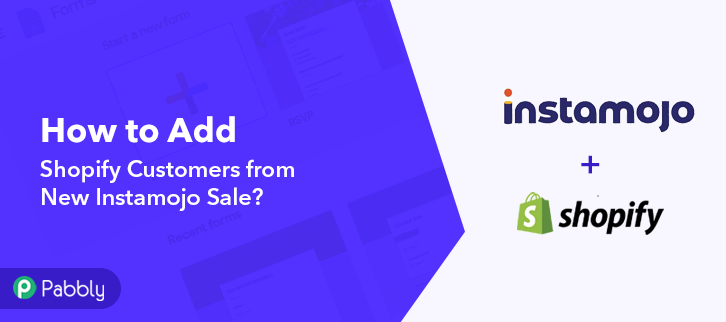
But before we get straight into the integration process, let’s know a wee bit about the software that we are about to integrate. Basically, Instamojo is India’s largest on-demand payments and e-commerce platform that empowers over 1,200,000 micro-entrepreneurs, startups, MSMEs, to start, manage, and grow their business online. Whereas, Shopify is a subscription to a software service that offers you to create a website and use their shopping cart solution to sell, ship, and manage your products.
Thus, integrating these two services can help you import all the Instamojo customers to Shopify in real-time. Hence, you don’t have to worry about doing repetitive work & can ultimately save a lot of time & effort.
Now, the question is how you can integrate Instamojo with Shopify? Well, the answer is quite simple and that is known as Pabbly Connect.
Why Choose This Method Of Integration?
In contrast with other integration services-
- Pabbly Connect does not charge you for its in-built apps like filters, Iterator, Router, Data transformer, and more
- Create “Unlimited Workflows” and smoothly define multiple tasks for each action
- As compared to other services which offer 750 tasks at $24.99, Pabbly Connect offers 50000 tasks in the starter plan of $29 itself
- Unlike Zapier, there’s no restriction on features. Get access to advanced features even in the basic plan
- Try before you buy! Before spending your money, you can actually signup & try out the working of Pabbly Connect for FREE
Pabbly Connect is one of the best integration and automation tools that can help you integrate unlimited premium applications, set unlimited triggers & actions, create infinite workflows, and so much more. Besides, to do so, you don’t even need to have any coding skills. Just integrate it once and relax, it will handle all the workload afterward. Moreover, you can access all the features even in its free plan. All you need to do is go to the Marketplace and look for the apps you use to get started.
Here we will learn how to connect Instamojo and Shopify in real-time. Moreover, we have a template for this integration that can assist you to get started quickly. Hit the ‘Use Workflow’ button below to get started.
Hence, without taking any more of your time, let’s begin to integrate Instamojo to Shopify.
Step 1: Sign up to Pabbly Connect
Begin the process to create Shopify customers from new Instamojo sale by clicking on the ‘Sign Up Free’ button on the Pabbly Connect dashboard. Subsequently, either fill-up all the details manually or sign up using Gmail credentials.
Try Pabbly Connect for FREE
Next, after logging into the account, click on the ‘Access Now’ button as shown in the above image. Start with creating a workflow for your project by clicking on the ‘Create Workflow’ button. Now, you need to name the workflow just like in the above-shown image. I named the workflow ‘Instamojo Integrations’, you can obviously name the workflow as per your requirements. As soon as you are done with naming your workflow, you will have to select the application you want to integrate. Pabbly Connect allows you to connect unlimited premium apps, create your free account now. Now, you have to select the application that you want to integrate. In this case, we are choosing ‘Instamojo’ for integration. In the method section, select ‘New Sale’. The next step is to copy the webhook URL which is appearing on the dashboard just like in the above-shown image. To connect Instamojo to Pabbly Connect, you have to paste the copied Webhook URL in the software. For that, you have to log in to your Instamojo account. Now, to paste the webhook URL, click the ‘Products’ option and then select the ‘All Products’ in your Instamojo dashboard. Next, select any of the listed products in your Instamojo account and then click the ‘Edit’ option. Simply scroll down and paste the copied webhook URL in the ‘Webhook URL’ section. After pasting the URL, scroll down and hit the ‘Save Product’ button to save the changes. To check this integration, we will make a dummy purchase in Instamojo to capture the data. Now, from the all products section select the product in which you have pasted the webhook URL. After selecting the product, hit the ‘Add to Cart’ button. Click on the cart icon at the top section of the screen and then click on the ‘Checkout’ button. In this step, add the customer details like name, email, etc. After making all the changes, click the given ‘Make Payment’ button to make the payment. But before that, click the ‘Capture Webhook Response’ button in Pabbly Connect to capture the data. Once you click on the ‘Make Payment’ in Instamojo and on the ‘Capture Webhook Response’ in Pabbly Connect, the customer info will appear on the Pabbly Connect dashboard. Then, click on the ‘Save’ option. To make this Instamojo-Shopify integration work, you have to choose an action for your trigger. Now in this step, click on the + button below and choose the application that you want to integrate. Here we will choose ‘Shopify’ to integrate and in the method section select ‘Create Customer’. After choosing the application click on the ‘Connect with Shopify’ button to move forward. To connect Shopify to Pabbly Connect, you have to paste the private app password from Shopify into Pabbly Connect. For this, you have to log in to your Shopify account. To get the private app password, click on the ‘Apps’ option on your Shopify dashboard. Now, scroll down and click on the ‘Manage Private Apps’ option given below. Next, click on the given ‘Create New Private App’ button at the top of the screen. Here, you have to name the app and add the emergency developer email address. You can name the app whatever you like. Now after naming the app, scroll down and you will find several options here you have to update the access permission as ‘Read Access’ and ‘Read and Write’ accordingly. After updating access in all the options, click on the given ‘Save’ button. Now, finally, click on the ‘Create App’ button to get the private app password. Next, simply copy the given private app password and move further. Paste the copied private app password in Pabbly Connect and you can find the subdomain from your Shopify account’s URL. After making all the changes, click on the ‘Save’ button. After connecting with your Shopify account, map all the fields quickly like name, email etc. Once you are done adding up all field data click on the ‘Save & Send Test Request’ button. Finally, when you check your Shopify dashboard, your entry from Instamojo will automatically appear there. In the end, this was our take on how to create Shopify customers from new Instamojo sale. Now that you have understood how Pabbly Connect works and how it can help you in saving a lot of time and effort, you can integrate any applications easily. You just have to follow these simple steps and once the integration is done, then Pabbly Connect will do the rest for you. Thus, go ahead and signup for free to enjoy this amazing automation and integration service. For further queries, please drop your comments below. We will get back to you as soon as possible.Step 2: Access Pabbly Connect
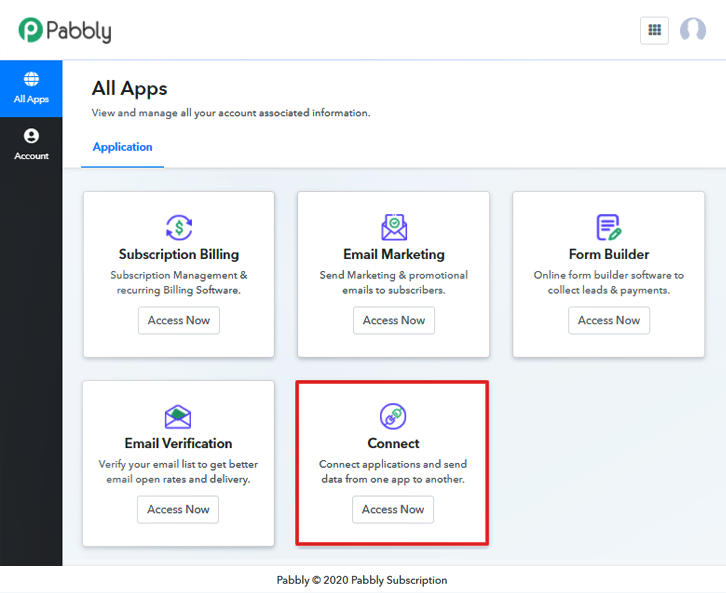
Step 3: Workflow for Instamojo to Shopify Integration
(a) Start with a New Workflow
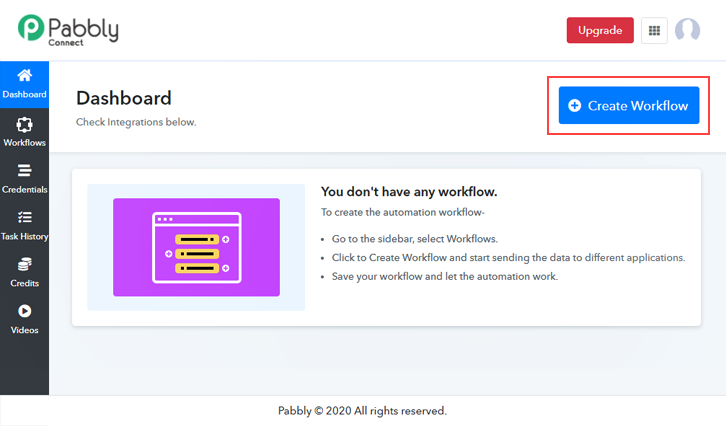
(b) Name the Workflow
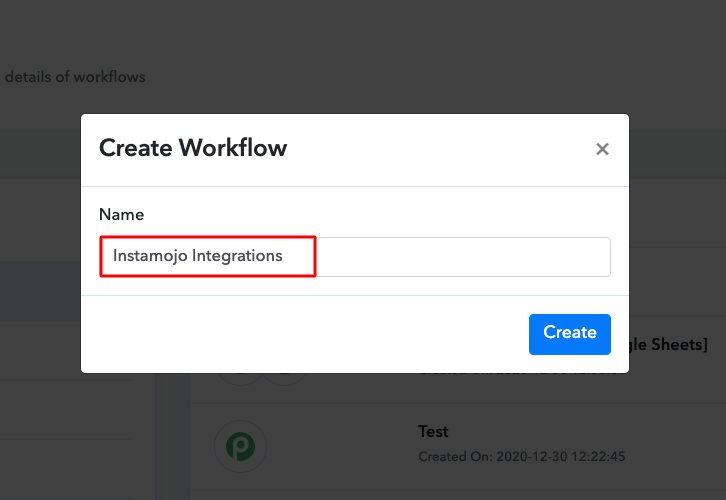
Step 4: Setting Trigger for Instamojo to Shopify Integration
(a) Select Application you Want to Integrate
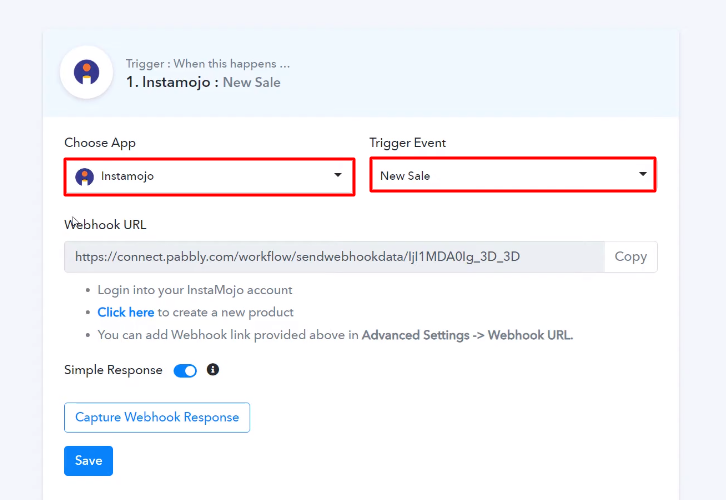
(b) Copy the Webhook URL
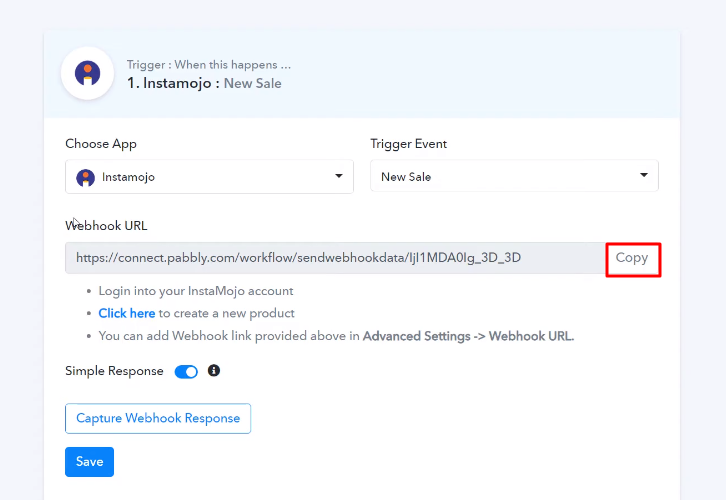
Step 5: Connecting Instamojo to Pabbly Connect
(a) Click on Products
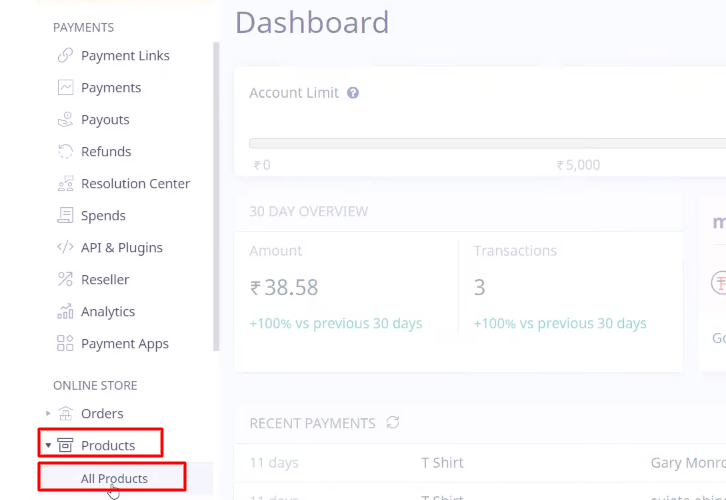
(b) Edit a Product
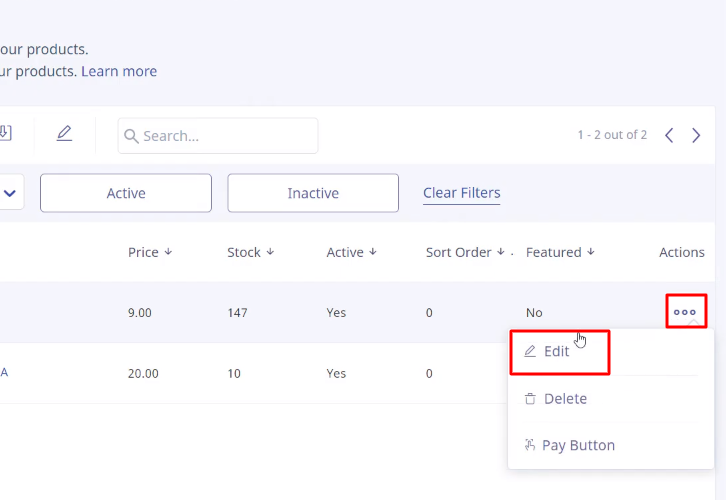
(c) Paste the Webhook URL
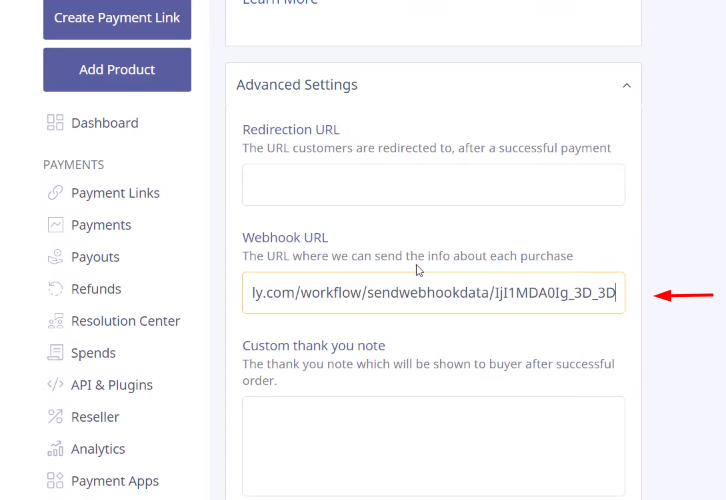
(d) Save Product
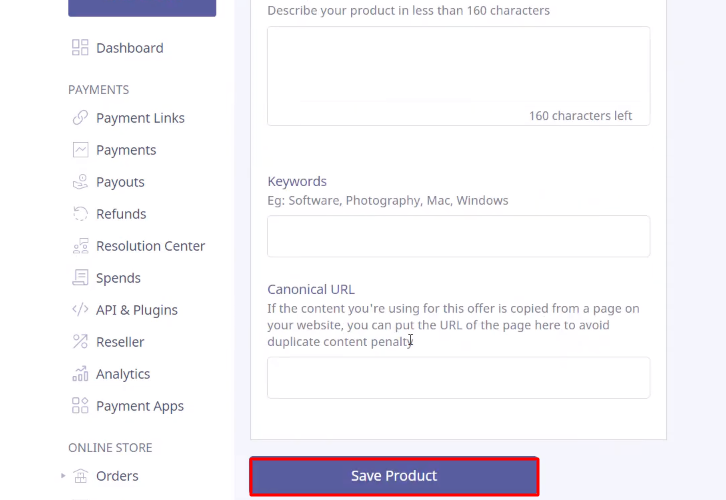
Step 6: Make a Test Purchase
(a) Select a Product
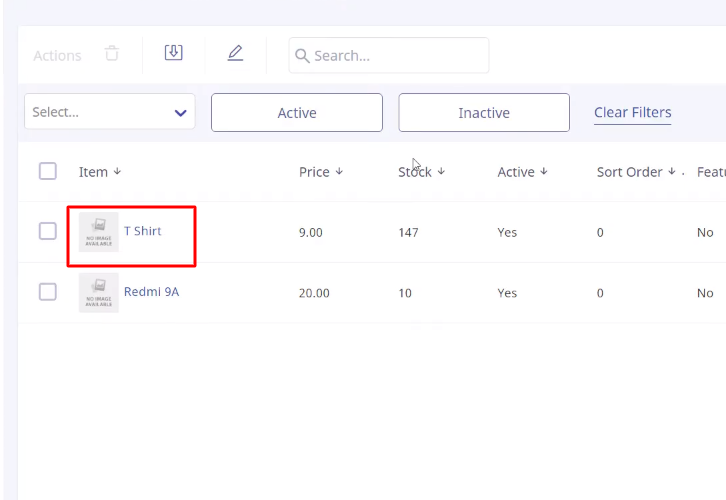
(b) Add to Cart
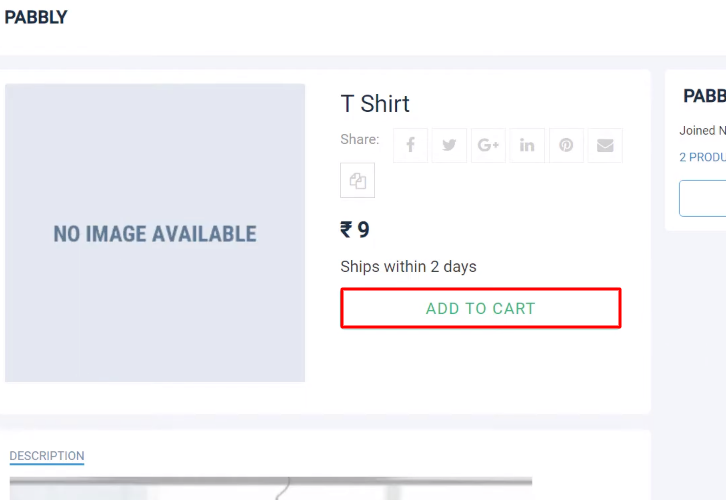
(c) Click Checkout
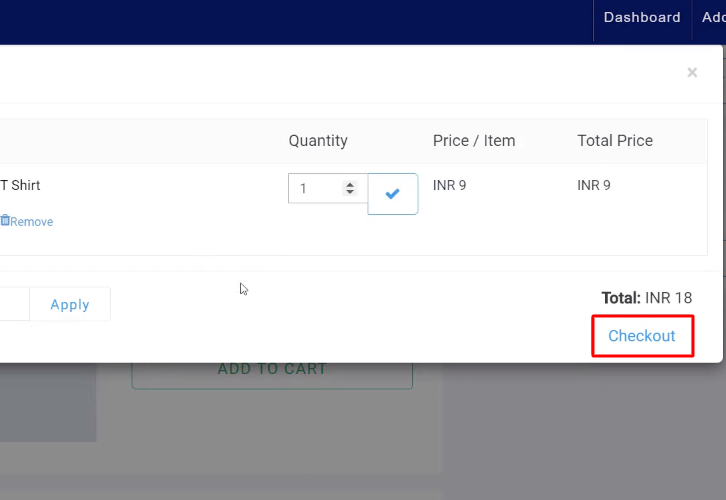
(d) Add Details
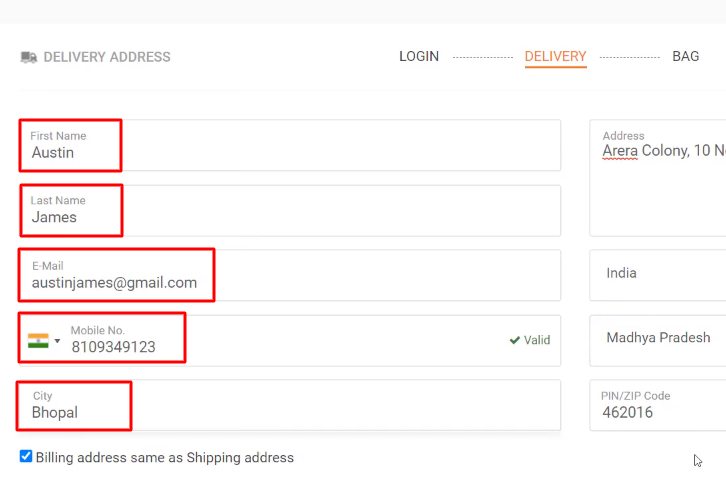
(e) Make Payment
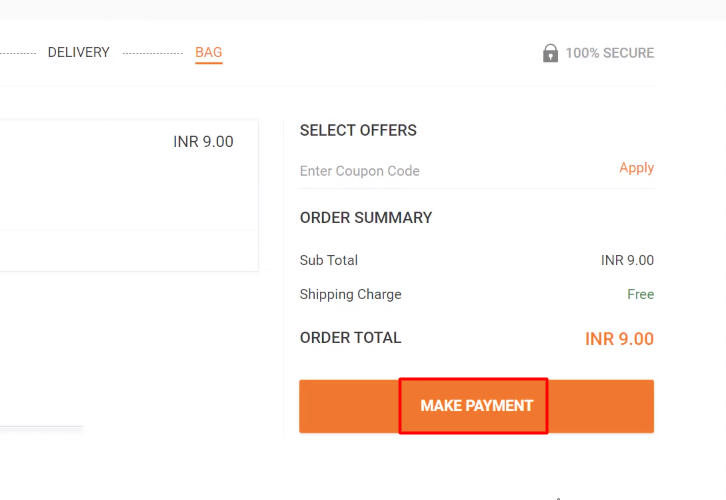
Step 7: Test the Response in Pabbly Connect Dashboard
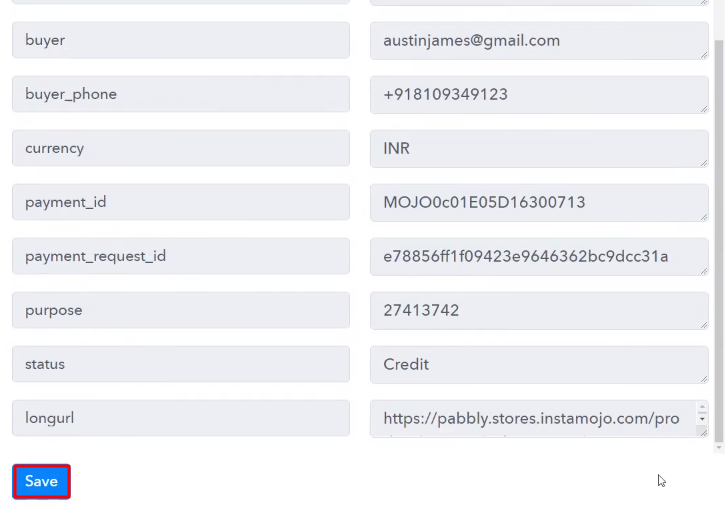
Step 8: Setting Actions for Instamojo to Shopify Integration
(a) Select Application you Want to Integrate
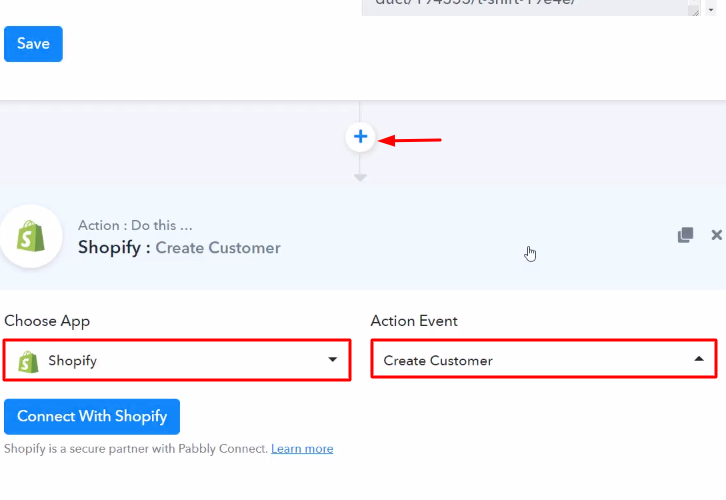
(b) Click the Connect Button
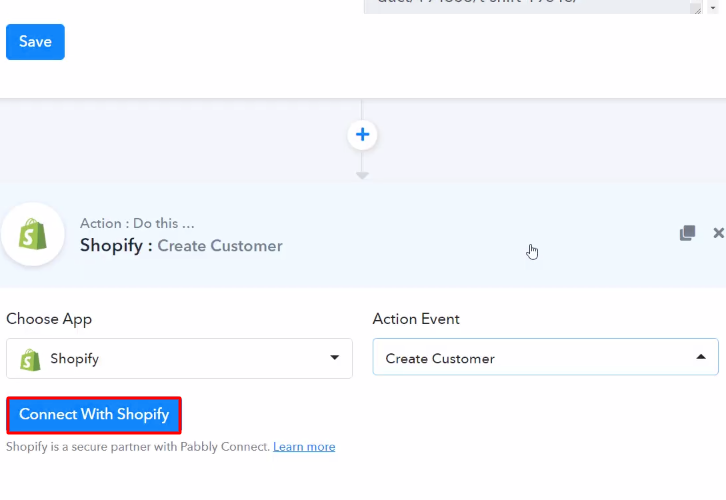
Step 9: Connecting Shopify to Pabbly Connect
(a) Click on Apps
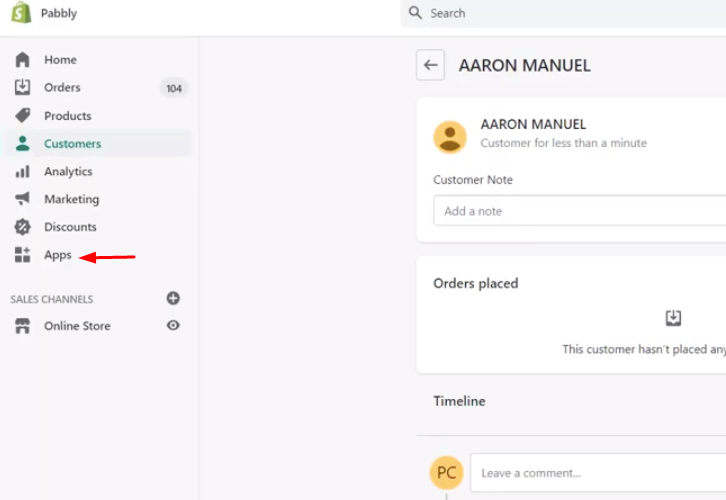
(b) Click Manage Private Apps
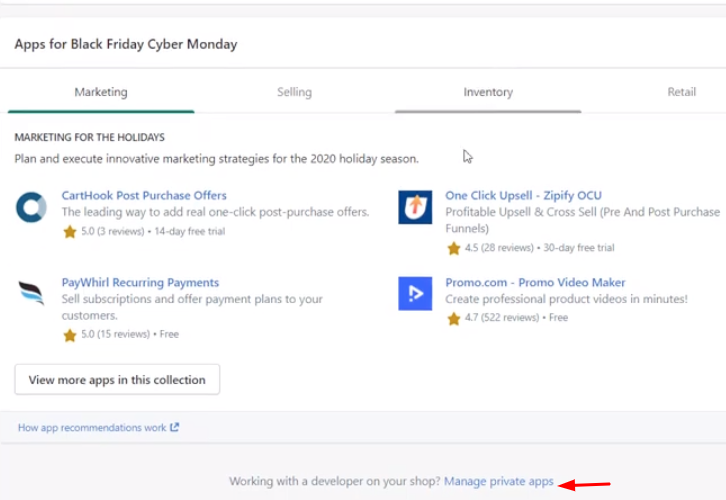
(c) Create New Private App
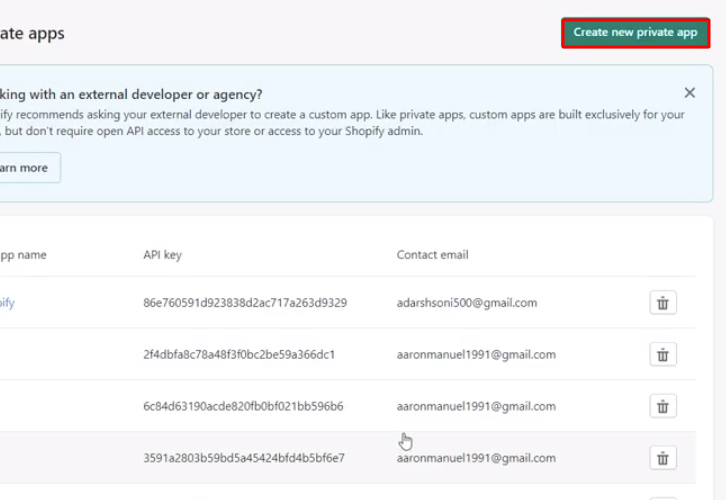
(d) Name the App
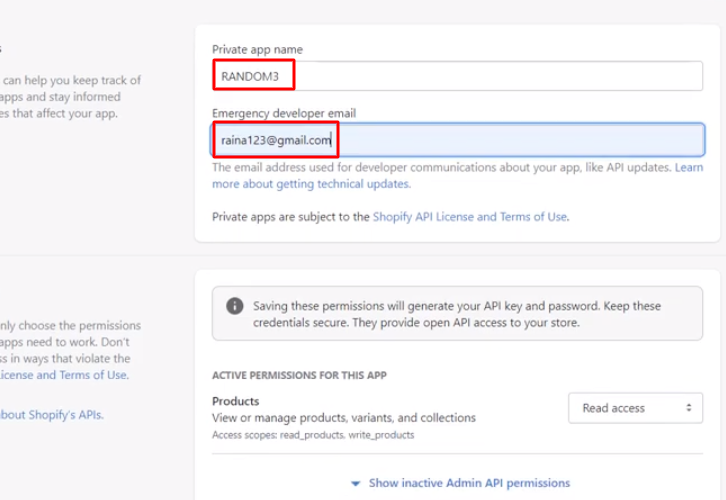
(e) Update Access
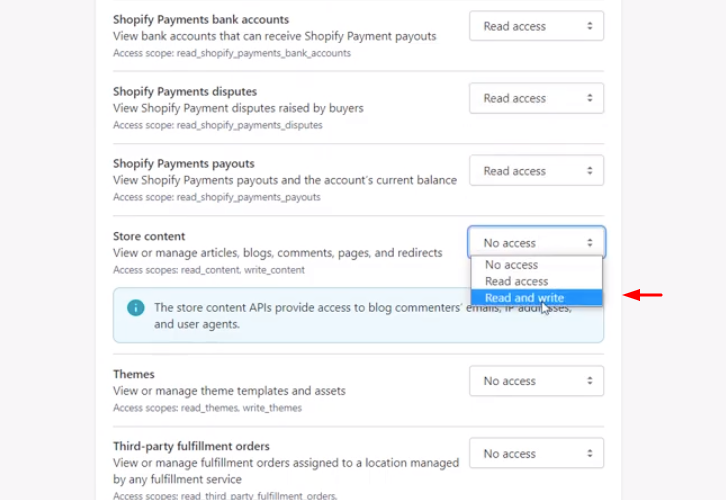
(f) Click on Save Button
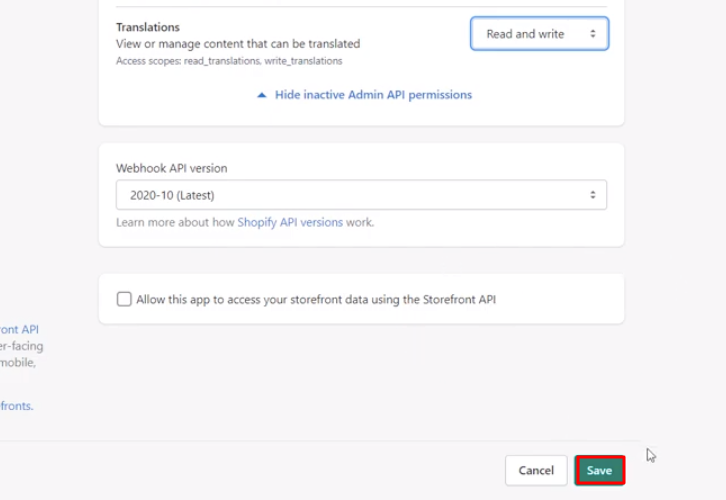
(g) Click on Create App
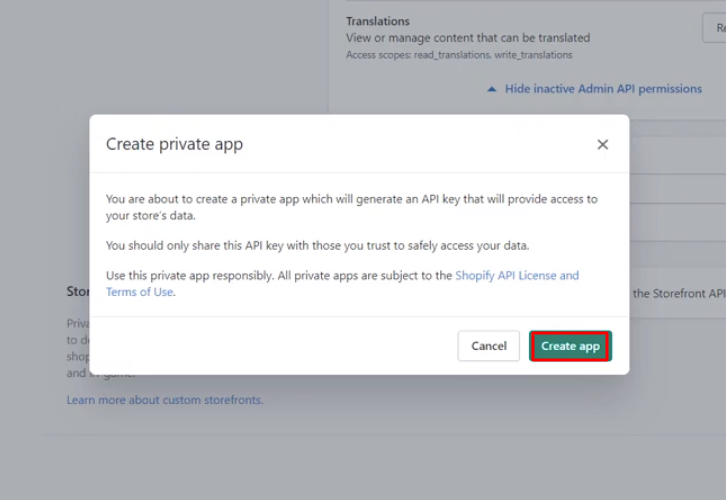
(h) Copy Private App Password
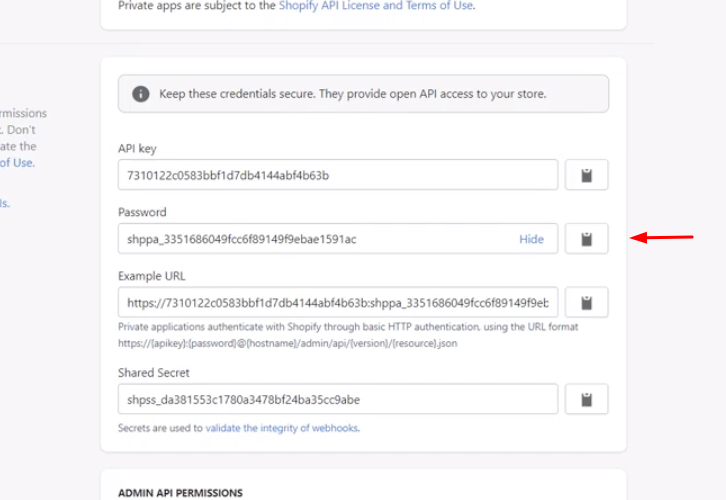
(i) Paste the Credentials
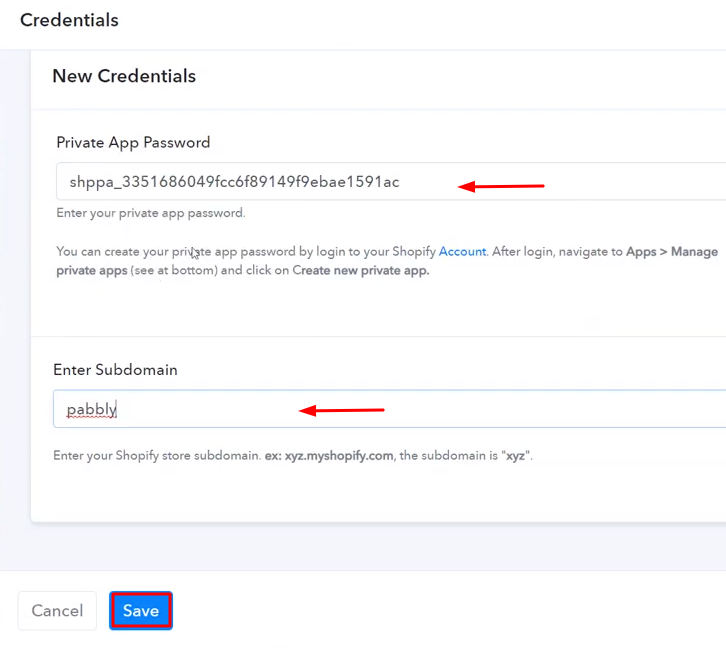
(j) Map the Fields
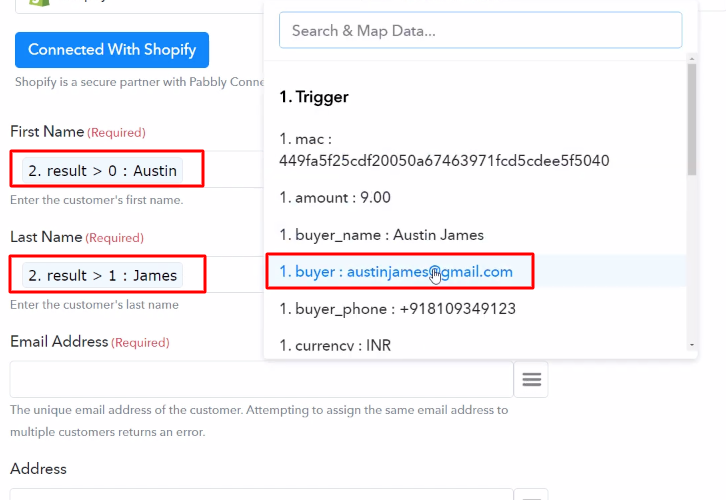
(k) Save and Send Test Request
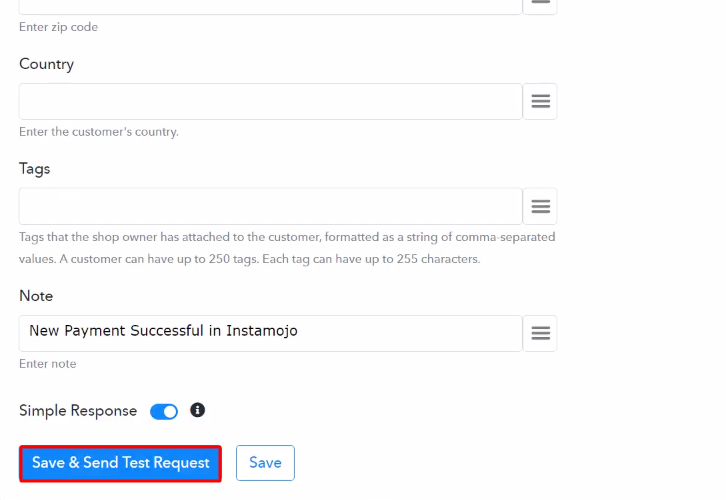
Step 10: Check Response in Shopify Dashboard
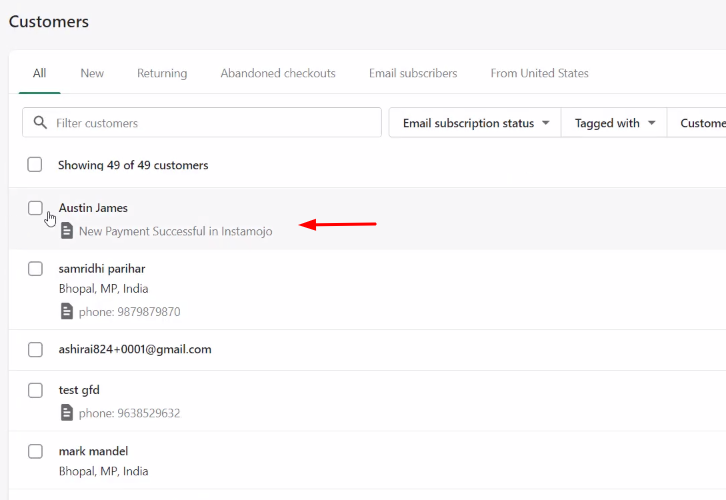
Conclusion –
You May Also Like To Read –








